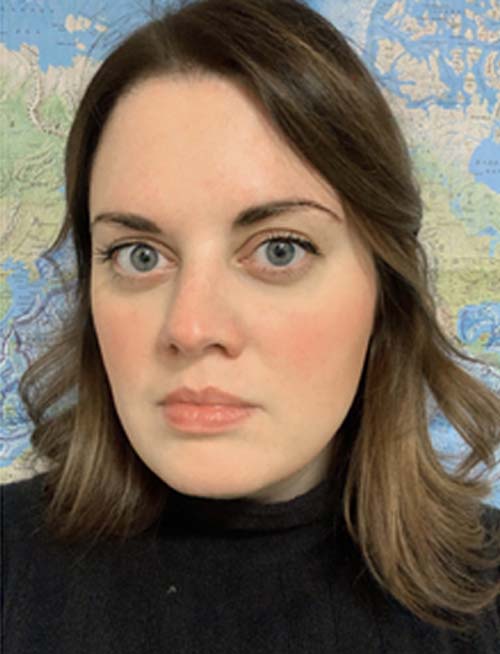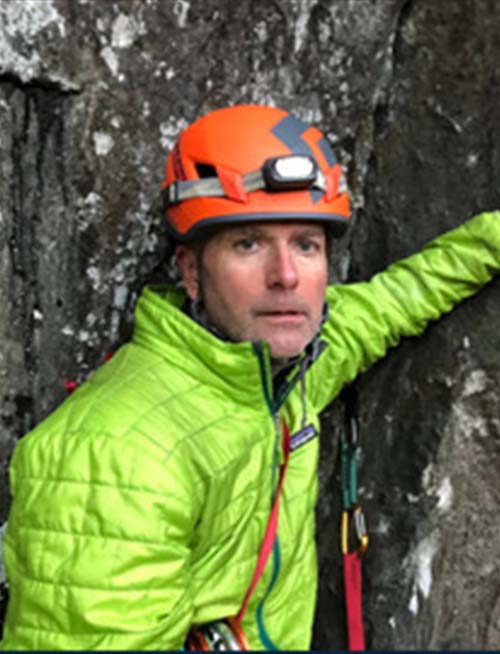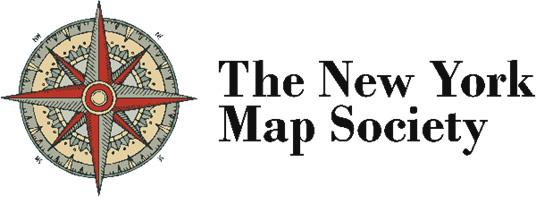

Saturday, 13 November 2021 (Organized in conjunction with the Library of Congress Geography and Map Division. Sponsored in partnership with Boston, California, Chicago, New York, Philip Lee Phillips, Rocky Mountain, and Texas Map Societies)
Location: Zoom, 2:00 PM ET/1:00 PM CT/ Noon MT/11:00 AM PT (Two-hour program)
Title: Mapping Ourselves: A Cartographic Introduction to the 2020 Census & Tapestry Segmentation Analysis
Speakers: Meagan Snow, Geospatial Data Visualization Librarian, and John Hessler, Specialist in Computational Geography and Geographic Information Science, Geography and Map Division, Library of Congress
Summary: The 2020 Census, along with the American Community Survey, provide a snapshot of the demographics of the American population like no other sources available. Combined they tell the story of the spatial distribution of everything from health care, cell phone ownership, housing expenditures and the level of poverty in the United States by age, gender and race. John Hessler and Meagan Snow have spent this last year advising and training Congressional staff on the data and how to efficiently visualize and map it for policy analysis. The first talk by Hessler, will present an overview of the computational and statistical methods used to create the data and the theory behind segmentation analysis. The second talk by Snow, will focus on visualizing and understanding the data using GIS and other cartographic tools.
Bios: Meagan Snow joined the Library of Congress in 2020 as the Geospatial Data Visualization Librarian for the Geography and Map Division. She holds a BA in Geography from the University of Washington and an MA and PhD in Geography from the University of Minnesota and is also an Adjunct Professorial Lecturer in the School of Public Affairs of American University.
John Hessler is a specialist in Computational Geography and Geographic Information Science at the Library of Congress and a Lecturer in Evolutionary and Quantum Computing at Johns Hopkins University. He is the director of the λ-LAB, which uses machine and deep learning to study complex policy issues facing the world today. Their current project focusses on the geometrical and spatial complexity of voting and political polling.
Register in advance for this meeting: https://zoom.us/meeting/register/tJ0udemopjsrEtUh-bQDOMD1zuzVvZMTQzJS
